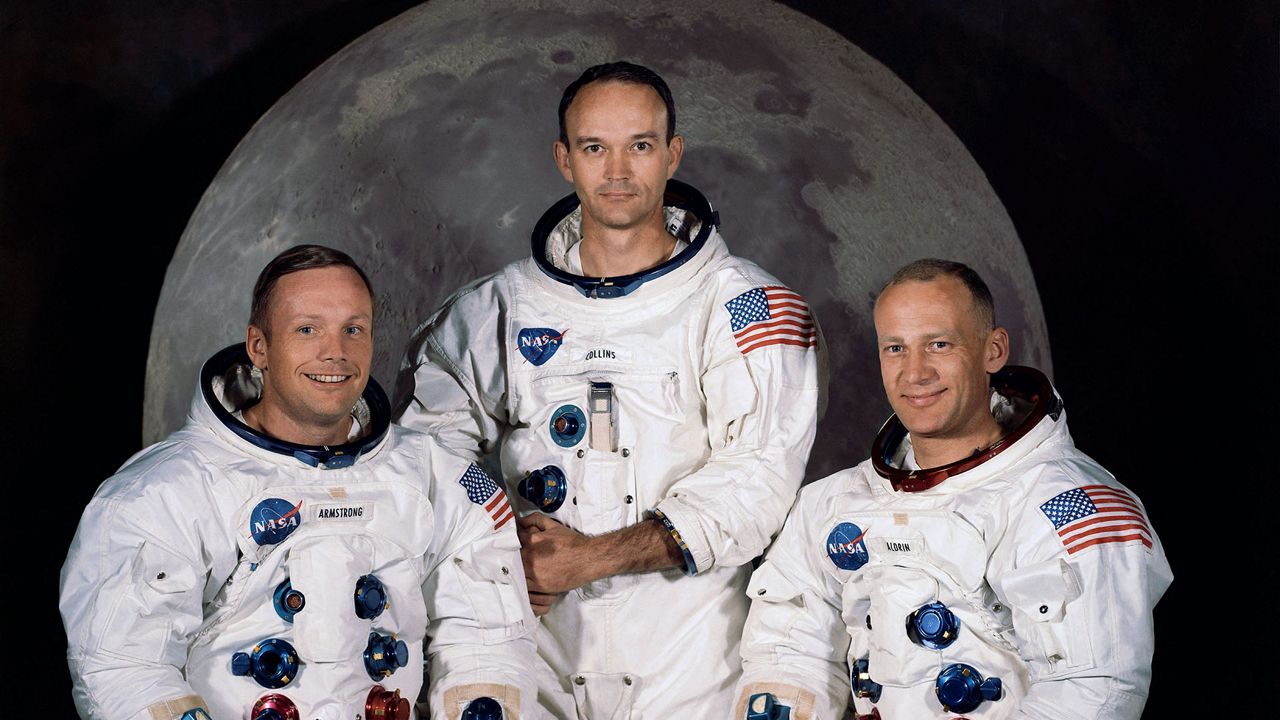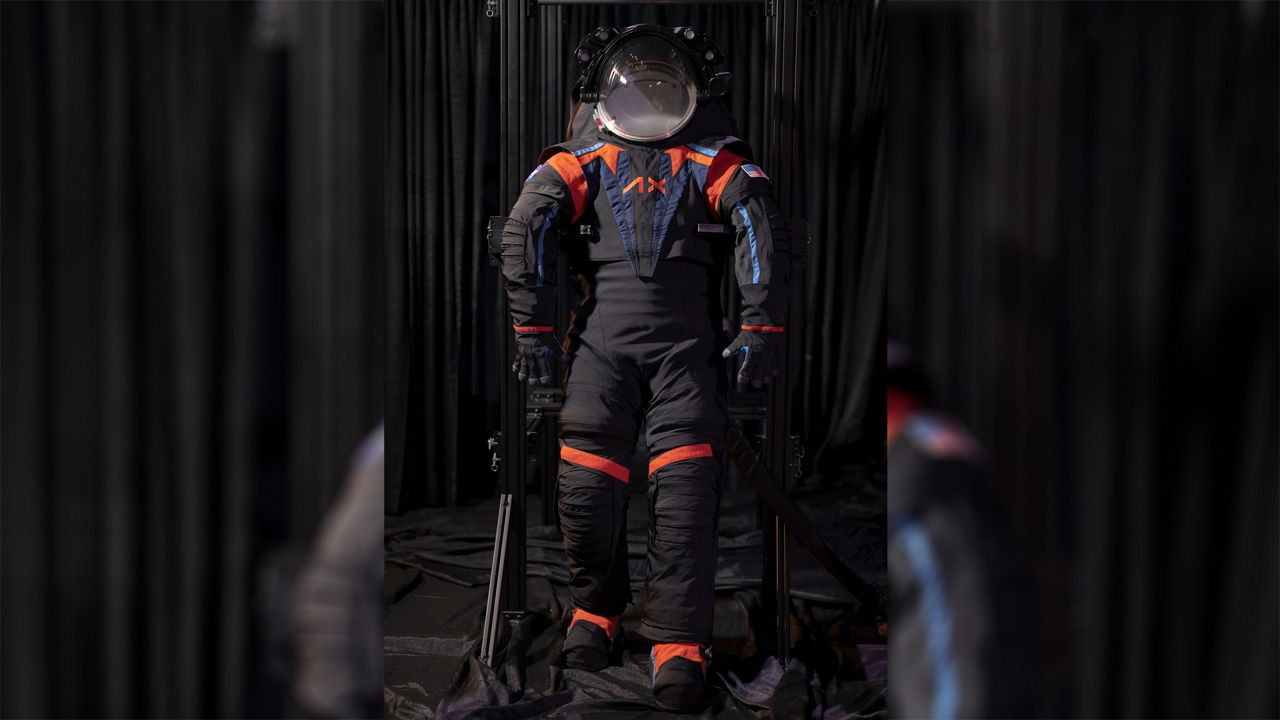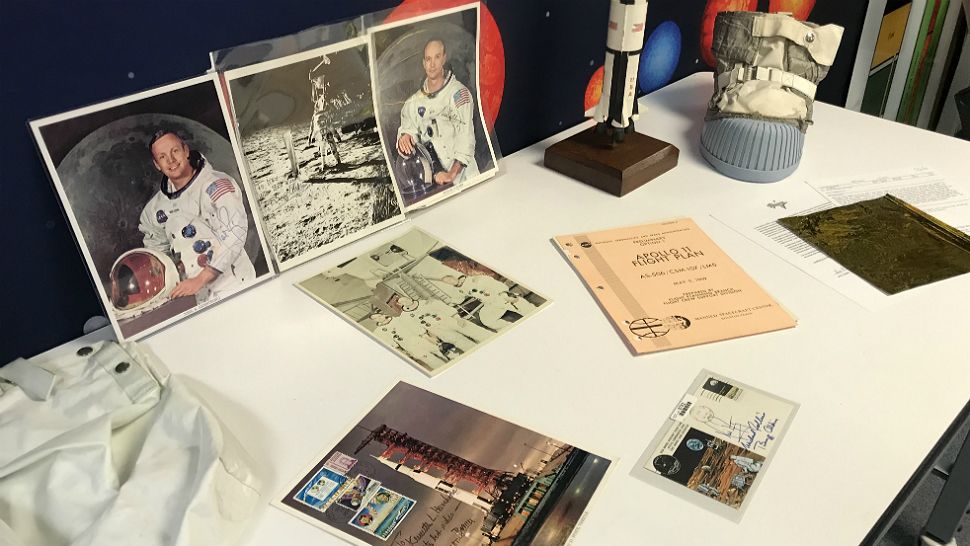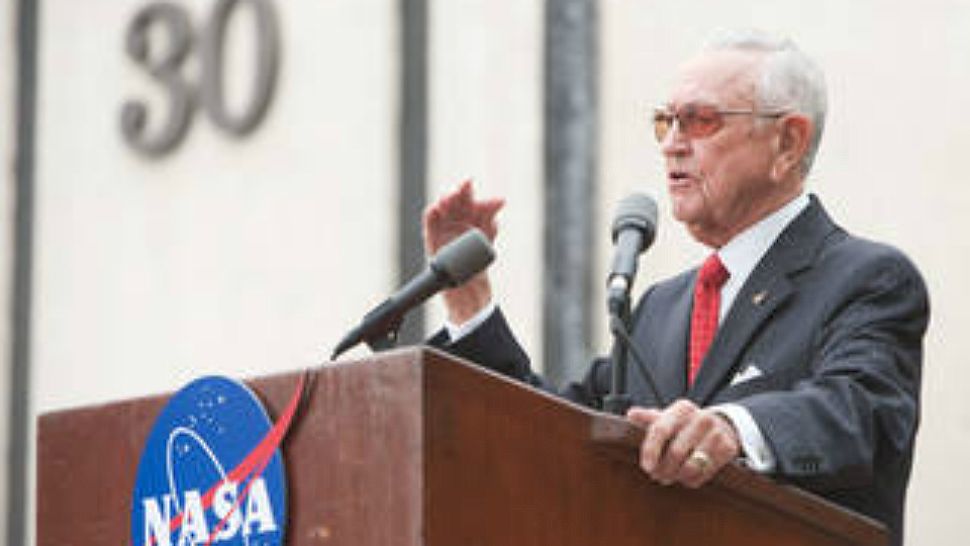ORLANDO, Fla. — Scientists and researchers at UCF are helping to come up with ways to return humans back to the moon, 50 years after the historic Apollo 11 mission.
- UCF researchers working on technology to aid in return lunar mission
- Florida Space Institute housed at UCF
- COMPLETE COVERAGE: 50 years since the Apollo 11 moon landing
- Vice President Mike Pence to visit Kennedy Space Center on Saturday to talk about future of space exploration
Researchers at UCF's Florida Space Institute are developing technology that can help astronauts land and live on the moon.
One big hurdle for NASA is moon dust. With little gravity, the landing of a spacecraft can kick up dust that can be harmful for astronauts and equipment on the lunar surface.
But moon dust can also have beneficial uses as well.
“It's not only a nuisance, it's a resource,” said Julie Brisset, a research associate scientist at the Florida Space Institute. "So you can use this dust to help build your structures, help you live there.”
Researchers hope to use the lunar dust and minerals to build roads, buildings, and other supplies, like rocket fuel.









